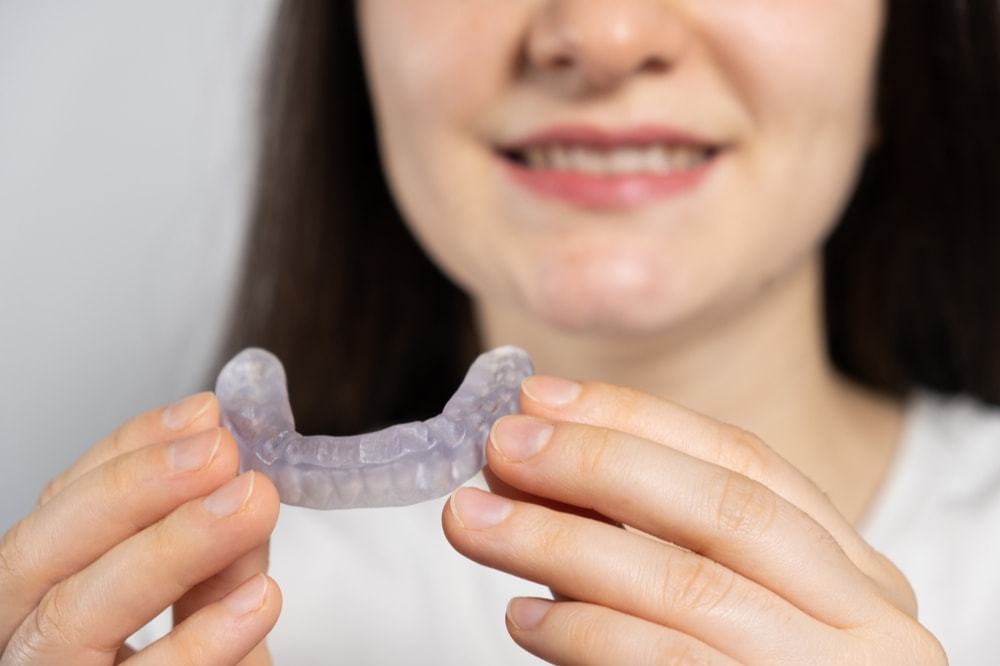
Protect Your Smile with a TMJ Mouth Guard in Austin TX

The Role of TMJ Mouth Guards
Mouthguards, also referred to as night guards or stabilization splints, are oral appliances designed to alleviate TMJ symptoms in certain cases and protect teeth from damage caused by grinding or bruxism. Cases involving occlusion issues may benefit from these appliances to relieve TMJ discomfort, while those without occlusion problems but with neuromotor causes of clenching or grinding can still benefit by preventing tooth wear, fractures, and long-term damage over time.
Custom Fit vs Boil and Bite
Upper vs Lower Jaw Guards
Improving Overall Sleep Quality
Anterior vs Full Coverage Mouth Guard
Consultation with an Orthodontist
FAQ
What type of mouthguard works best for TMJ issues?
Choosing the most effective mouthguard for TMJ depends on factors like the severity of the condition, comfort, and professional guidance. Custom-fitted mouthguards, created by dental professionals, are often the preferred option as they are tailored to fit the unique shape of your teeth and jaw. This ensures better comfort and protection compared to generic, over-the-counter mouthguards. Consulting with a dental professional or orthodontists can help determine the best option for managing your specific TMJ symptoms.
Can a mouthguard help with teeth grinding and jaw pain?
Yes, mouthguards are effective tools for addressing teeth grinding (bruxism) and relieving jaw pain. By creating a barrier between the upper and lower teeth, they reduce the damage caused by grinding and clenching, which can lead to enamel erosion, jaw discomfort, and headaches. While they don’t address the root cause of grinding, they help protect teeth and alleviate strain on the jaw muscles, making them a valuable option for symptom management.
Are over-the-counter mouthguards effective for TMJ?
Over-the-counter mouthguards can provide some relief for TMJ symptoms by reducing grinding and clenching, but they may lack the precise fit and comfort of custom-made options. Without a tailored fit, these guards might not effectively address individual jaw alignment needs or provide adequate support. For better results, a custom-fitted mouthguard designed by an orthodontist is typically recommended to ensure proper alignment and optimal symptom relief.